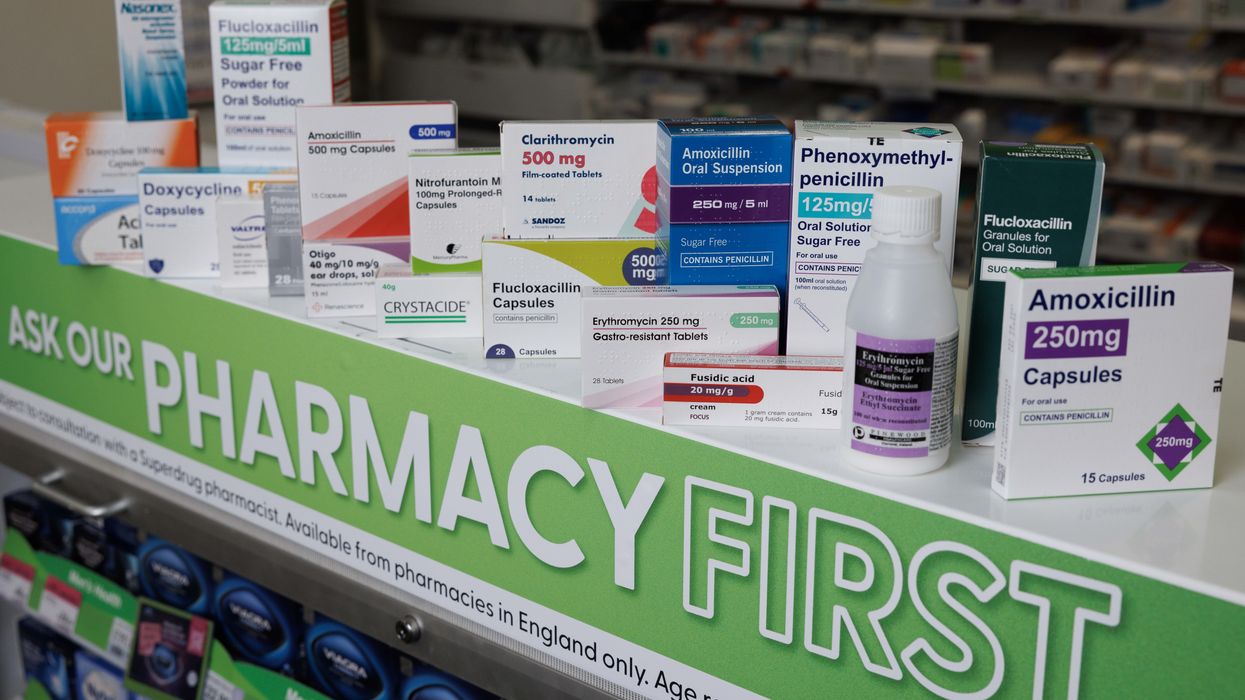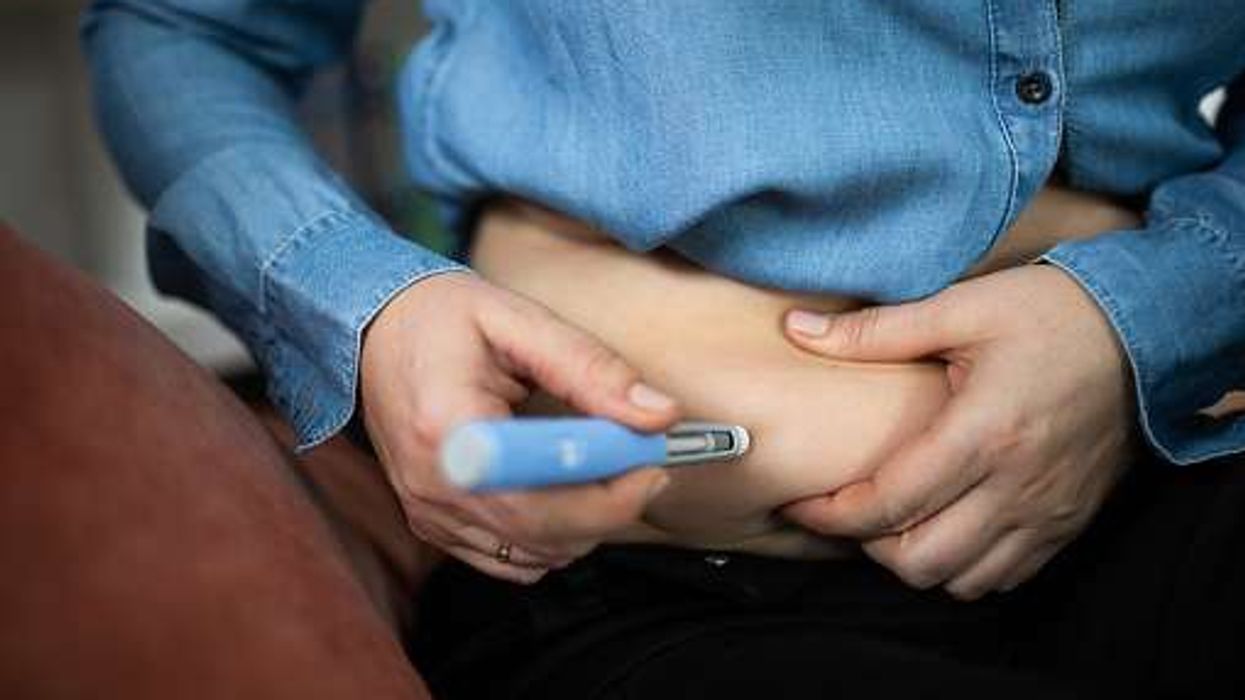The Royal Pharmaceutical Society (RPS) has urged the government, NHS and employers of various healthcare organisations to take necessary steps to reduce burnout and eliminate all its root causes.
The latest call by the RPS follows a cross-party health and social care committee’s report which highlighted the scale of stress and burnout among health workers including community pharmacy teams.
The King’s Fund’s written submission stated that NHS staff were 50 per cent more likely to experience high levels of work related stress compared with the general working population.
“This was likely to damage their health and affect care quality, and was associated with patient satisfaction, financial performance, absenteeism and organisational performance,” the Health and Social Care Committee report said.
“Poor staff health and wellbeing was also linked with turnover and intention to quit, along with higher levels of patient mortality in the acute sector,” it added.
Chronic excessive workload has been identified as a key factor of burnout and staff shortages were identified as “the most important factor in determining chronic excessive workload”, with shortages of around ‘one in 10 or one in 12 staff’ in the NHS in January 2020, before the pandemic fully hit, the report highlighted.
The committee has also welcomed the additional support provided to health and care staff during the pandemic. However, it has concluded that “such additional support will need to be maintained during the recovery period and beyond to stop further staff from leaving.”
The report highlights many issues around burnout and wellbeing support that “we are already working on through our Workforce Wellbeing campaign, which focuses on preventing the cause of wellbeing problems, improving workplace culture and the importance of getting support with your wellbeing when needed. Show your support for the campaign,” the RPS said, sharing its views on the report.
Commenting on the report, chair of RPS England Professor Claire Anderson said: “This report underlines yet again how urgent it is that healthcare teams get the support they need. It echoes the results of our 2020 Workforce Wellbeing survey, where 89 per cent of respondents scored as being at high risk of burnout. Despite this, pharmacists and pharmacy teams continue to show their dedication to delivering patient care under extremely challenging circumstances.
“The Committee highlights a number of issues we know all play a part in workforce wellbeing, including having the right skill mix and enough staff to manage workload, support from employers and being able to take a break when you need one.
“The report’s findings on the impact of discrimination are really concerning and underline why it’s vital we drive a change in culture across the health service and make the pharmacy profession more inclusive.
“RPS welcomed the additional support available to pharmacy teams via new wellbeing hubs in England and the report rightly calls for this to continue after the pandemic. It’s positive to see the committee recommend that the new Integrated Care Systems should facilitate access to wellbeing support for all health and care staff in their area.
“Addressing the root causes of staff burnout and tackling discrimination will need concerted action from across the health service. Today’s report shows how the Government, NHS, employers and leaders across pharmacy must work together to support staff so they can keep looking after patients.”











